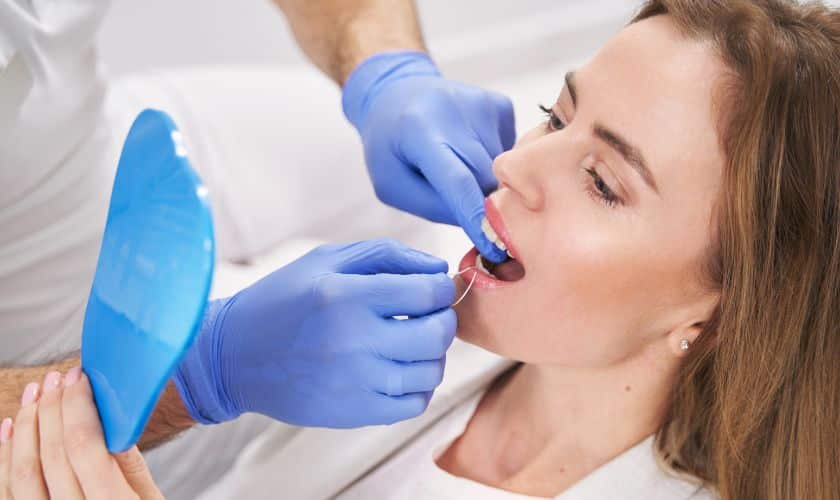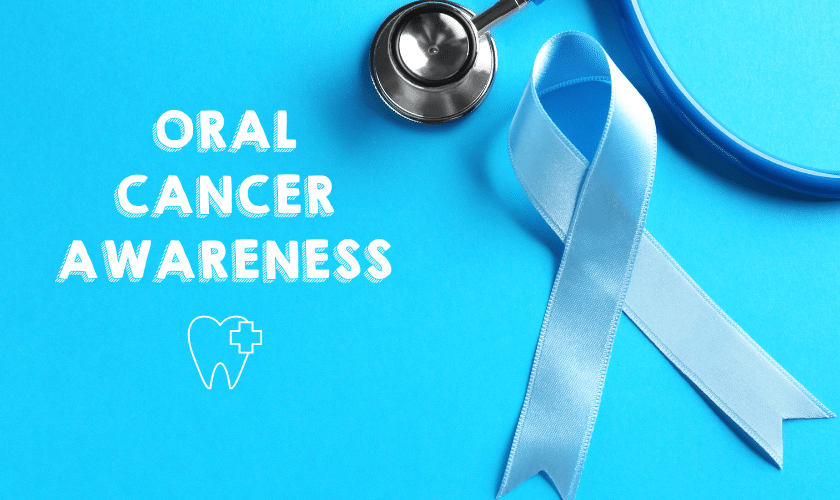
Preventative Dental Care Explained: The What, Why, And How
Maintaining a healthy smile goes beyond just brushing and flossing. Preventative dental care plays a crucial role in preserving your oral health and preventing potential dental issues. In this article, we’ll delve into what preventative dental care entails, why it’s essential, and how you can incorporate it into your oral hygiene routine to enjoy a lifetime of healthy teeth and gums.
What Is Preventative Dental Care?
Preventative dental care encompasses a range of practices and treatments aimed at preventing oral health issues before they arise. It focuses on maintaining optimal oral hygiene, identifying potential problems early, and taking proactive measures to preserve your teeth and gums.
Why Is Preventative Dental Care Essential?
Preventative dental care offers numerous benefits that extend beyond your oral health:
Cost Savings:
Addressing dental issues in their early stages is often more cost-effective than treating advanced problems.
Oral Health:
Regular preventative care reduces the risk of cavities, gum disease, and other dental problems, ensuring a healthier smile.
Overall Health:
Oral health is linked to systemic health. Good oral hygiene can contribute to overall well-being by reducing the risk of certain health conditions.
How To Incorporate Preventative Dental Care:
Incorporate these practices into your daily routine for effective preventative dental care:
Brushing:
Brush your teeth at least twice a day using fluoride toothpaste. This removes plaque and food particles that can contribute to decay and gum disease.
Flossing:
Flossing daily helps remove debris between teeth and along the gumline, areas that brushing may not reach effectively.
Regular Dental Visits:
Schedule regular dental check-ups every six months for professional cleanings and thorough oral exams.
Professional Cleanings:
Professional dental cleanings remove plaque and tartar buildup that brushing and flossing alone can’t eliminate.
X-rays:
Dental X-rays help detect issues beneath the surface, such as cavities, impacted teeth, or bone loss.
Oral Cancer Screenings:
Regular dental check-ups often include screenings for oral cancer, ensuring early detection and treatment if necessary.
Fluoride Treatments:
Fluoride strengthens teeth and helps prevent cavities. Your dentist may recommend fluoride treatments based on your oral health needs.
Dental Sealants:
Sealants are thin coatings applied to the chewing surfaces of molars to protect them from decay.
Healthy Diet:
A balanced diet rich in fruits, vegetables, lean protein, and whole grains supports oral and overall health.
Limit Sugary and Acidic Foods:
Sugary and acidic foods can contribute to tooth decay. Limit consumption and rinse your mouth after consuming them.
Avoid Smoking and Tobacco:
Smoking and tobacco use can lead to oral health issues, including gum disease and oral cancer. Quitting or avoiding these habits promotes better oral health.
The Bottom Line
Preventative dental care is a proactive approach to preserving your oral health and overall well-being. By incorporating daily oral hygiene practices, scheduling regular dental visits, and making healthy lifestyle choices, you’re investing in the longevity of your teeth and gums. Remember, prevention is always better than cure, and a commitment to preventative dental care sets the foundation for a bright, healthy smile that lasts a lifetime.





